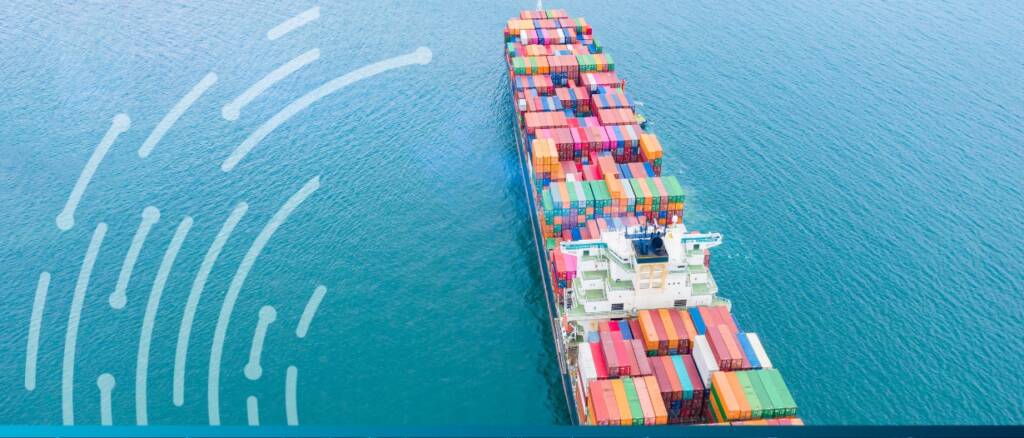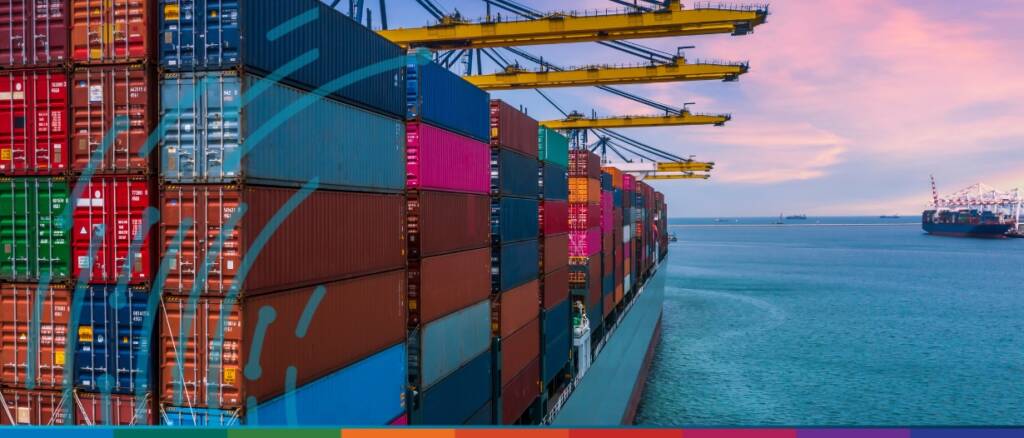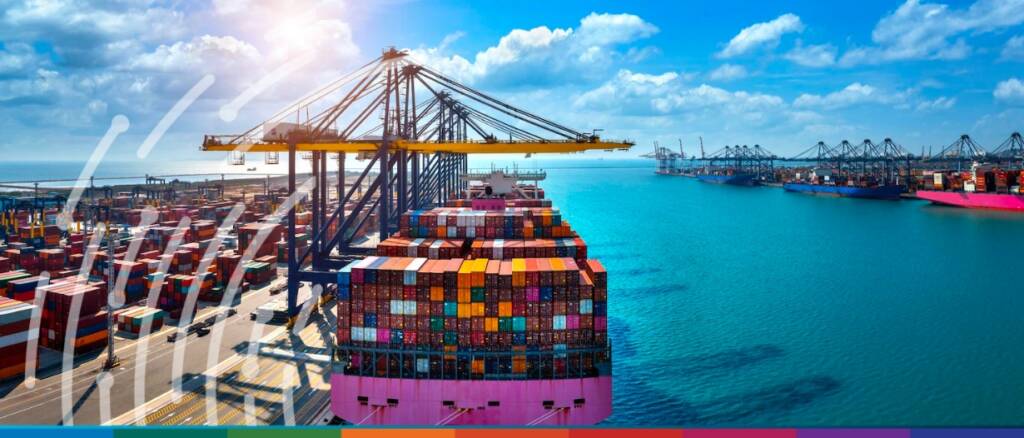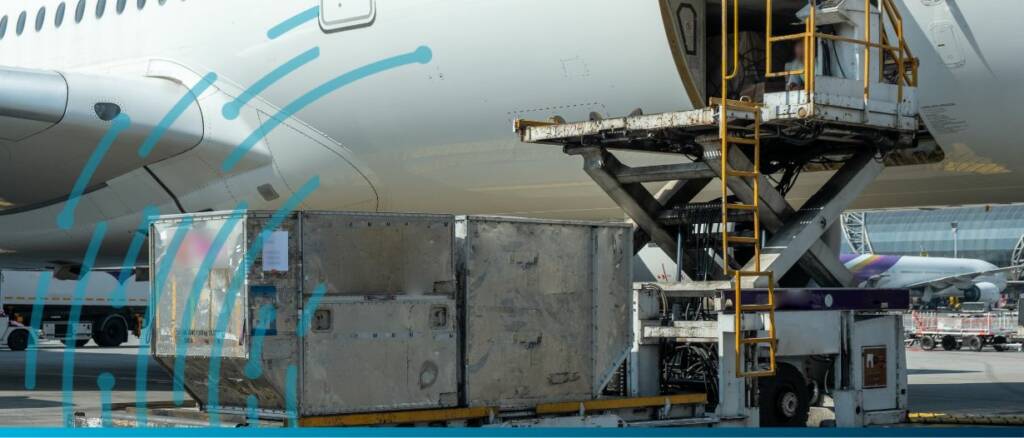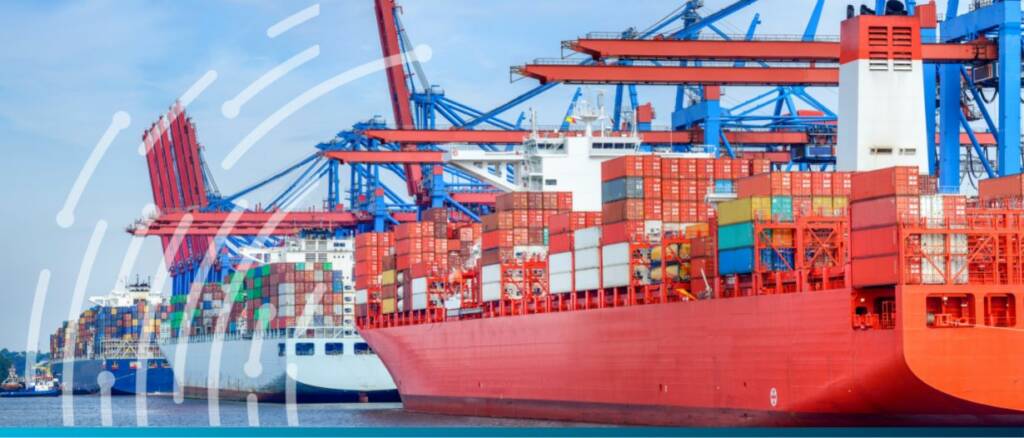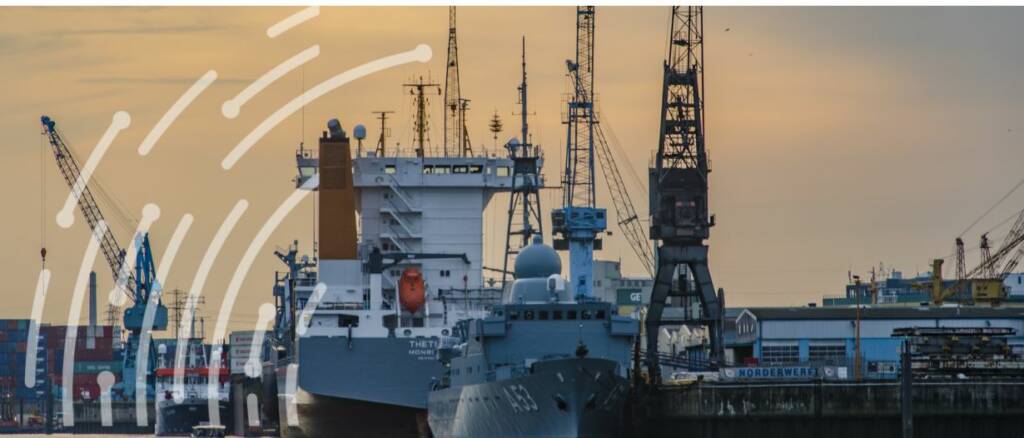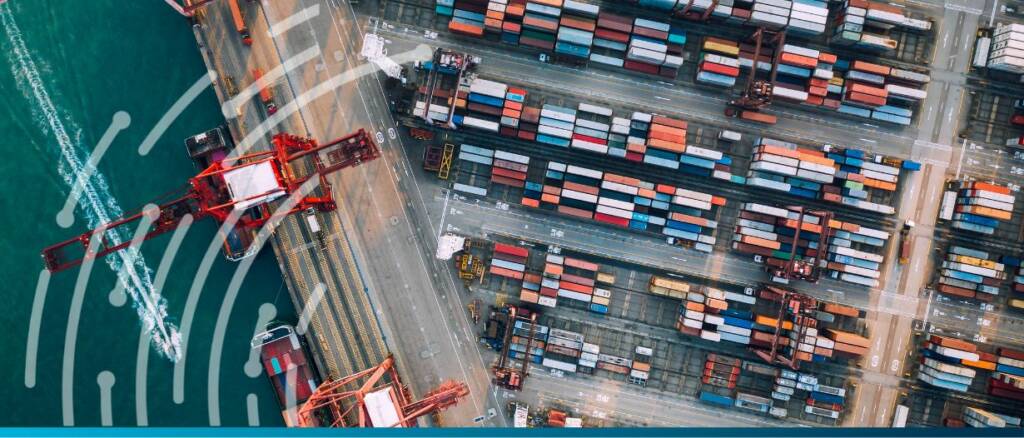The latest issue of TFG’s Trade Finance Talks, ‘Sailing into 2023: Navigating the new year’, is out now!
‘Permacrisis’ was crowned word of the year by the editors of the Collins English Dictionary at the end of 2022, defined as “an extended period of instability and insecurity”. It seems an appropriate term to describe the state of global trade, finance, and supply chains as we enter 2023.
As 2023 unfolds, shippers are experiencing signs of relief from the supply chain upheaval over the past few years. U.S. container imports in December continued to close in on 2019 volumes, port delays continued to improve, the maritime capacity crunch has eased, and ocean shipping rates have approached pre-pandemic levels.
Over the past five years, the logistics industry experienced an explosion of new market entrants. This expansion started before COVID-19 and then accelerated dramatically over the last three years. Who are these new carriers, what distinguishes them from traditional carriers, and are they right for you?
There is no question that the turbulent global economy and the unending impact of the COVID-19 pandemic have wreaked havoc on China’s supply chain. The country’s economy is taking a hit with factories being forced to shut down, resulting in a significant disruption in international commerce.
Certainty has been in short supply in the world of shipping in recent years. Shippers, manufacturers, and carriers have all had to adapt to rapidly changing circumstances, from the lingering impacts of COVID to geopolitical conflicts, from stocking trends to industrial action.
I remember reading a quote which has stuck in my mind ever since – “Sharing among an entire ecosystem of innovative partners is a crucial step for modernisation.”
The Ministry of Ports, Shipping and Waterways on Friday launched the national logistics portal–marine (NLP-M), a single-window platform aimed at bringing all trade stakeholders together and reducing the cost of… read more →
Your Monday morning coffee briefing from TFG: VIDEO | Think data, not documents: advancing MLETR in 2023
Surecomp today announced that it is partnering with WAVE BL, a blockchain-based digital platform, to further enhance digital trade finance workflows by enabling access to electronic bills of lading in… read more →















